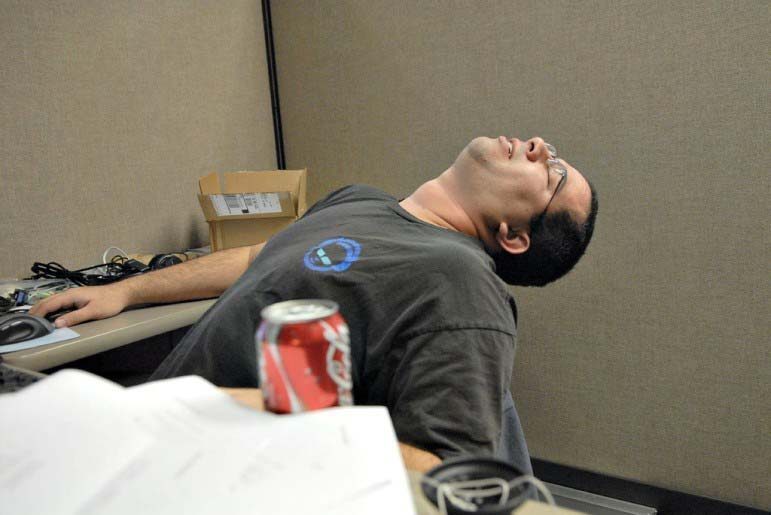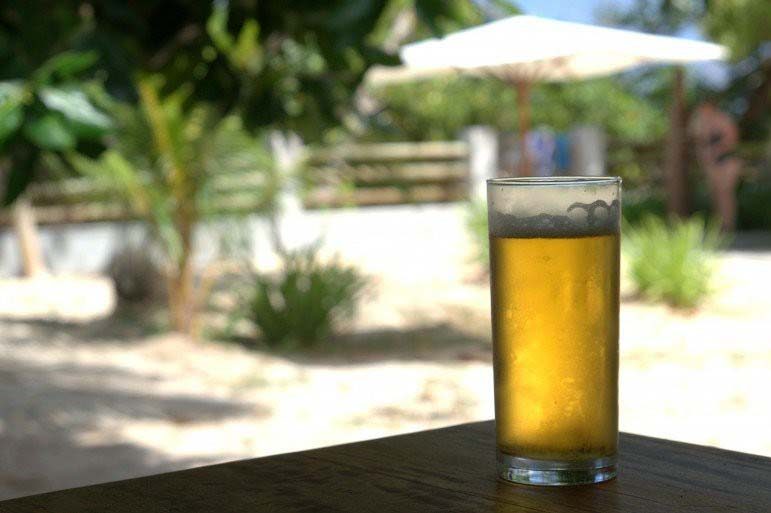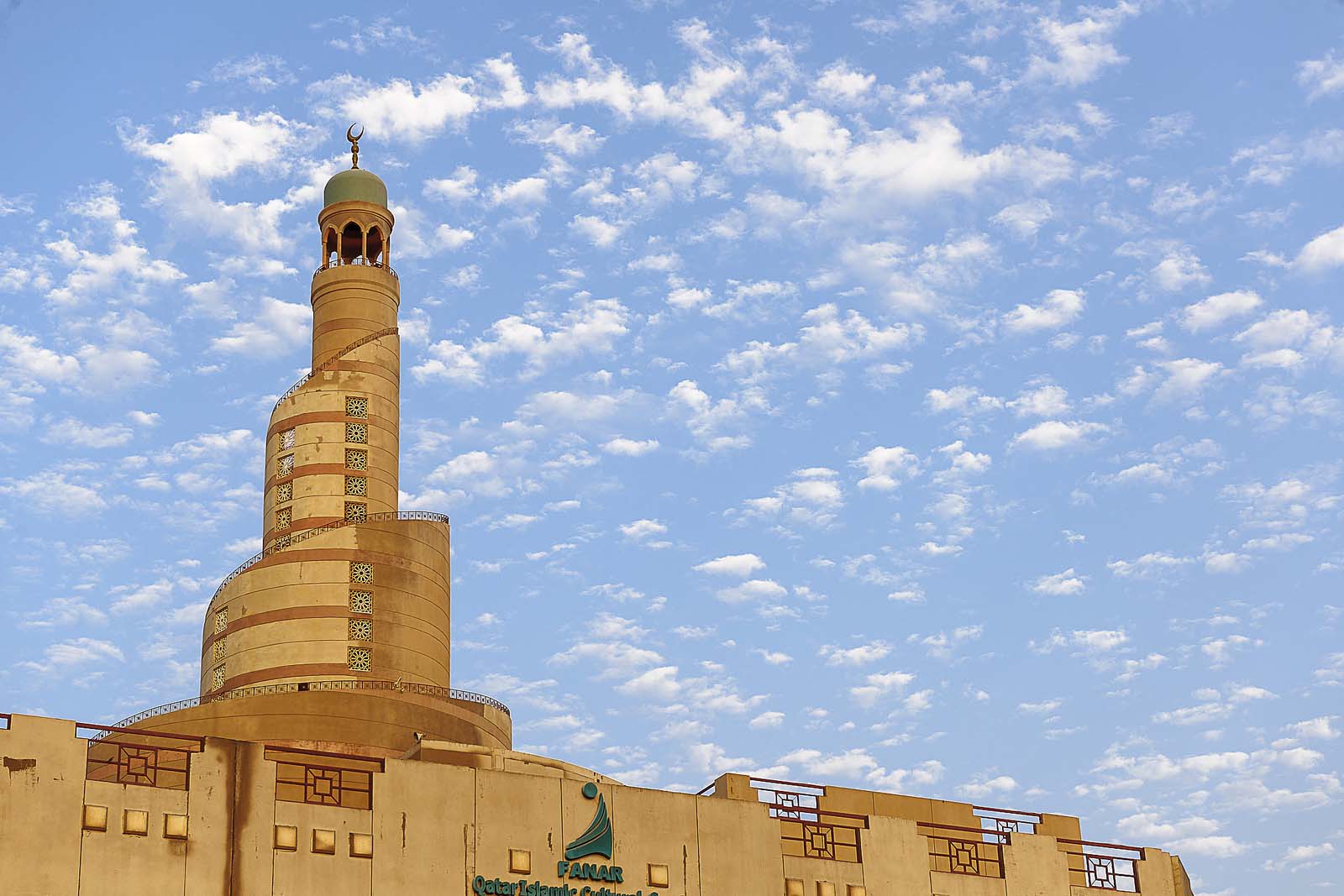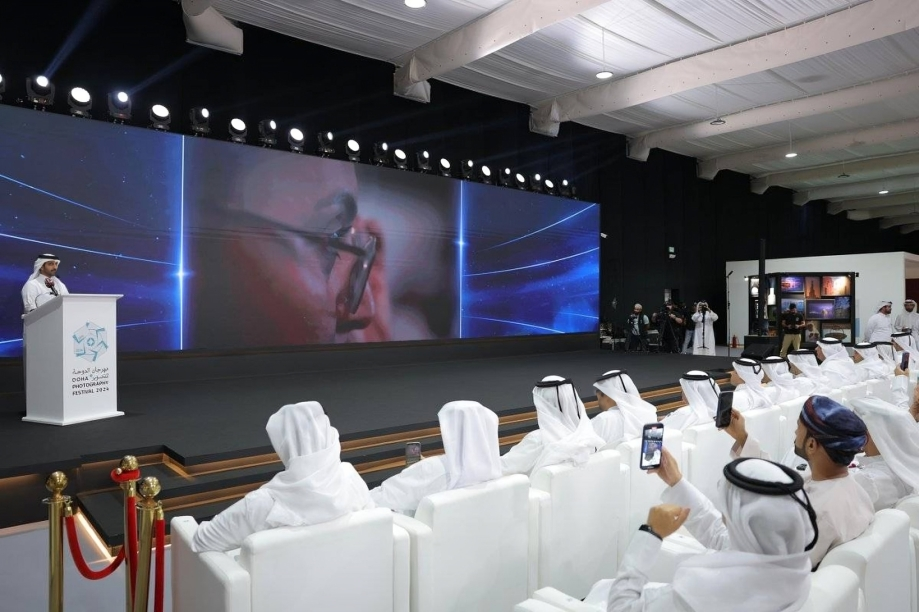
During the 29-30 days of Ramadan, the holiest month in the Islamic calendar, observant Muslims fast from dawn to sunset. As a Muslim country, Qatar departs significantly from its regular programming during this time.
For those who have never experienced Ramadan here (and for those in need of a refresher), here are some key things to know:
1. The sun and the moon matter a lot more
Because the Islamic calendar is lunar, we won’t know for sure when fasting begins until the new moon is sighted. This year, the first day of fasting was on Thursday, June 18.

Once Ramadan begins, those who are fasting will abstain from food, water, smoking and sexual activity from dawn to sunset. The month will end with the sighting of the next new moon, and a days-long celebration called Eid Al Fitr (festival of fast-breaking) around July 17.
2. Schedules change dramatically
Whether you’re Muslim or not, Qatar law mandates shortened workdays for residents during Ramadan.
For the private sector, that means six hours a day instead of eight. Government ministries and other public institutions operate five hours a day, from 9am to 2pm.

However, business continues as usual in some workplaces. In this instance, employees are typically entitled to overtime compensation.
3. There’s no eating/drinking in public
It’s illegal in Qatar to consume food, drink beverages or chew gum in public spaces during Ramadan, and violators can be fined for doing so (though usually they’re just warned).

Due to this, most restaurants and coffee shops here are closed during lunchtime, though some do offer takeaway menus. In terms of eating at work, some employers are more strict than others.
Many Muslims don’t mind if those who aren’t fasting (non-Muslims and Muslims who are ill, or women who are pregnant or menstruating) consume food or drink beverages in front of them.
Others may take offense, and in those offices co-workers may be asked to take their meals in one designated spot (a lunchroom, for example). Some employees may decide to wait until they get home to eat, which could be easier due to the shortened work hours.
4. It’s going to be a hot month
Qatar’s summer is expected to be hotter and last longer than usual this year, thanks to the return of the climate pattern known as El Niño.

This will likely pose a challenge for those who are fasting, as the days are expected to last more than 15 hours during the first third of the month.
Taking into account the shortened hours, the hot weather and long days, it’s likely that productivity will drop significantly during Ramadan. So if you have important government paperwork to sort out, you may want to try to get it done before next week.
5. It’s a spiritual time
Many Muslims will tell you that Ramadan makes them more introspective, as people with empty stomachs tend to reflect more and move closer to God because they aren’t as distracted by worldly things.

Due to shortened work hours and the more relaxed days, many residents will also increase their nightly prayers in mosques, especially during the last 10 days of Ramadan.
Altruism also increases during this month, with people donating more to charity. Families and companies also sponsor charity iftaar tents that offer free meals to those who need them (whether they are fasting or not).
And each year, Hyatt Plaza holds a fast-a-thon for non-Muslims who want to try not eating and drinking all day. During the event, in which participants get a free dinner, the mall typically contributes a few hundred riyals per fasting person to charity. Stay tuned for more details on this.
6. But also a very social month
In addition to feeding the soul, Ramadan in Qatar is also a very sociable time in which residents regularly go out to dine at restaurants that offer lavish buffets, or to visit friends and families holding dinner parties.

Especially during the second half of the month, when schools are out, expect traffic on the roads to be light during the days and very heavy at night (8pm to midnight), when people go out to shop, eat and run errands.
And keep an eye out for special activities – Katara Cultural Village, Aspire Zone and other venues frequently host special recreational and educational programs during Ramadan.
7. Qatar goes dry for 30 days
The only place to buy alcohol for home consumption – the Qatar Distribution Center – is closed for the month (expect long lines outside the warehouse this weekend). Hotel restaurants also stop selling booze during this time.

The taps will start to flow again after the first day of Eid, which is typically celebrated for three days. There are also usually no new releases in movie theaters until Eid.
8. There are unique traditions
Every country marks the holy month differently.

In Qatar, there are a few unique traditions that are observed each year, including:
- Sunset cannon: Each day during Ramadan, a cannon is fired off at sunset to signify that it’s time to break the fast. This takes place at the state mosque near TV Roundabout, and there’s also a cannon in the Old Airport area. Residents usually gather around to witness the (loud) spectacle, and authorities sometimes pass out water and snacks. The tradition seems particularly popular with kids.
- Garangao celebrations: Various venues usually host special activities for children on the 14th of Ramadan to mark Garangao, which is kind of like Halloween without the ghouls and goblins. Across the Gulf, kids typically dress up in traditional clothes and knock on neighbors’ doors to receive nuts and candy, while singing a special Garangao song.
- Corniche car parade: Every year, young Qatari men gather daily in Ramadan for about an hour before sunset to showcase their best vehicles – from Lamborghinis to Maseratis, to vintage Patrols and Land Cruisers. Police presence on the Corniche at this time is heavy, and officers usually block off several turning lanes for traffic coming into West Bay – though lanes remain open for those heading out of the downtown area.
What would you add to this list? Thoughts?







